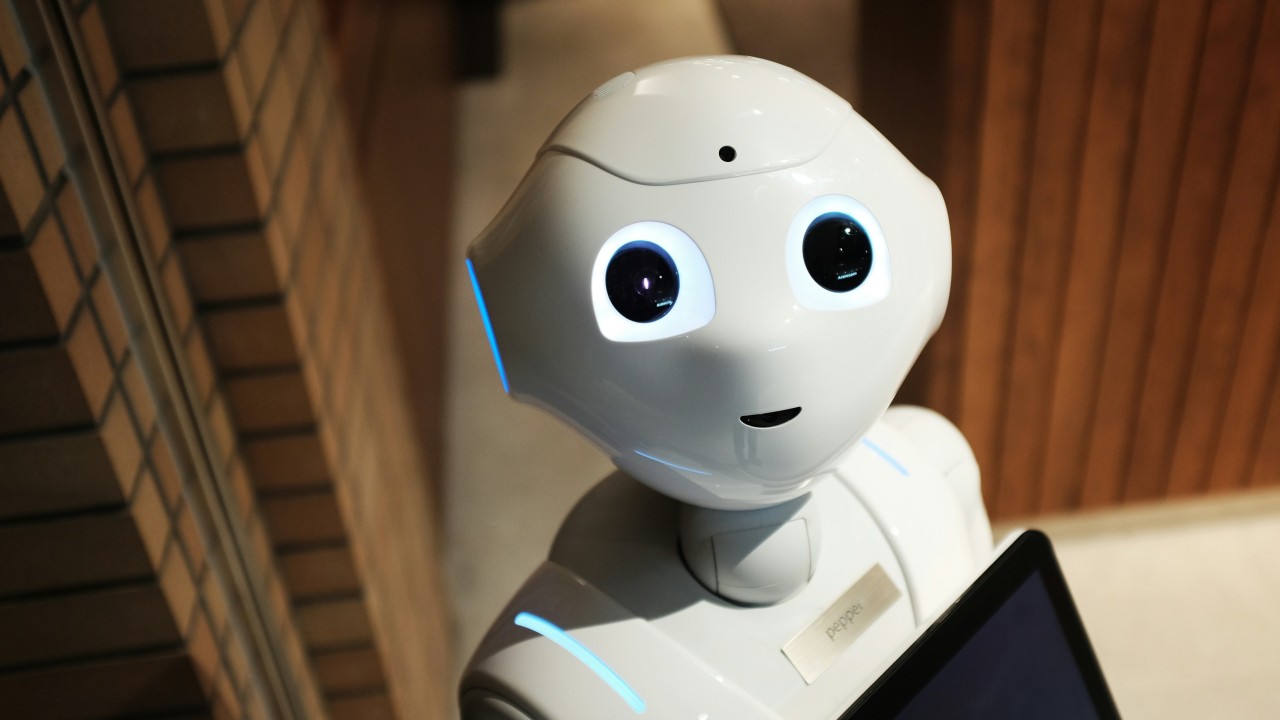“AI is the future!”
That’s the headline everywhere. But let’s be honest, AI isn’t the future. It’s already here. It’s just that, right now, most of the noise is about content creation. And while that might be useful, it’s not exactly revolutionary.
The real question isn’t if you’re using AI. It’s how. Because without a clear strategy, AI can do more harm than good, especially when it comes to your guest experience.
I’m still relatively new to AI and all of the different solutions available, so I’m by no means an expert on the subject. But through research and conversations, I’ve noticed a pattern: AI and automation are often introduced as quick fixes or cost-cutting measures—like opting for a ChatGPT subscription instead of hiring a copywriter (a rant for another day). These solutions are implemented and then left to run in the background, treated as one-and-done measures. This neglect can leave guests frustrated, staff overwhelmed, and the brand promise… well, forgotten.
I’ve experienced this firsthand on more than one occasion, trapped in an endless loop with a chatbot, desperately trying to reach a human, only to find no phone number or clear next steps in sight. Or being served outdated information, like COVID-19 distancing policies that haven’t applied in years. Or with the automated pancake makers at hotel breakfasts which are fun in theory, but let’s be honest, they rarely deliver when it comes to taste or experience. These small moments might seem minor, but they add up, chipping away at the guest experience rather than enhancing it.
But when used thoughtfully, AI can enhance the experience across the full customer journey, from pre-stay engagement to post-stay retention, without overshadowing the human moments that truly matter.
The problem is that AI is being integrated into customer journeys without a clear strategy, leading to fragmented and impersonal experiences. So instead of enhancing the guest journey, it’s often amplifying existing flaws.
For instance, Hungry Jack’s in Sydney is currently demoing AI and automation, for cooking as well as a drive-through assistant. While some customers appreciated the innovation, others found it unsettling and impersonal, which highlights the risks of over-optimising operations without considering the human element or customer preferences.
Teams Face the Pressure to Innovate, Without the Tools to Do It
There’s no shortage of ambition when it comes to AI in hospitality. Executives are sold on the promise of more efficient operations, elevated guest experiences, and reduced overhead. But on the ground, the reality feels very different. 62% of CX leaders report feeling pressure to adopt generative AI, yet many are doing so without the internal support, training, or clarity needed to use it well.
Yet despite its rising adoption, tangible ROI doesn’t quite align. That’s partly because tools are being introduced without strategy, expectations are set without infrastructure, and as a result, what started as a smart investment quickly becomes another underused system that gathers metaphorical dust.
Don’t Just Implement AI. Integrate It Thoughtfully.
AI can do a lot, but there are still things it can’t replicate. The nuance of tone. The reassurance in a human voice. The empathy shown when something goes wrong and a guest just needs to feel heard. AI shouldn’t be a stand-in for human service. It should be a support system, amplifying what people do best: empathise, adapt, and read between the lines.
This is where leadership plays a defining role. Because when tech is rolled out without involving the people who use it most, the result isn’t innovation. It’s alienation. Staff feel sidelined. Guests feel the gaps. And the experience begins to fracture.
AI can streamline processes. But great service? That lives in the moments of spontaneity and intuition. A front desk agent who remembers your name. A bartender who picks up on your mood without a word. Those are the interactions guests remember, not because they’re efficient, but because they’re real. And AI can’t replicate that… Nor should it.
For AI to truly work in hospitality, it needs to be integrated thoughtfully, and woven into operations in a way that supports your team rather than replacing them. That means clear escalation paths when a human touch is needed. Systems that give staff room to lead with care. And tools that help them work smarter, not harder. Done well, AI becomes invisible in the best possible way. Because the tech fades into the background, and your people shine through.

5 Ways to Make AI Work For Your Guests, Not Just Your Ops
1: Smart Concierge
Imagine texting your hotel, “I’m hungry, where should I eat?” and receiving a dinner recommendation, a booked table, and a show suggestion for afterwards. AI concierges can provide real-time, personalised recommendations, enhancing the guest’s experience by anticipating their needs. They don’t replace staff but help distribute their expertise, perfect when it’s late, busy, or your team is stretched thin.
2: Dynamic Pricing
Let’s say there’s a concert in town and bookings start to climb. AI tools can track shifts in demand, monitor how many rooms you have left, and automatically adjust pricing in response, without you needing to manually intervene. It takes the constant watching and reacting off your plate, helping you stay competitive while making the most of busy periods. No guesswork. Just smart, steady adjustments that happen behind the scenes.
3: Sentiment Analysis
Hospitality teams are no strangers to feedback, reviews come in fast and often, across dozens of channels. When there’s time, teams do their best to respond. But more often than not, reviews are handled one by one, in isolation. What’s rarely feasible is stepping back to see the patterns: the consistent praises, the quiet complaints and the signals hiding in plain sight.
That’s where AI comes in. Because instead of treating feedback as a list to get through, sentiment tools can help you read between the lines, analysing reviews across platforms to identify recurring themes and trends. Maybe guests love the pool but consistently mention uncomfortable pillows. That’s not just a one-off—it’s a pattern, and one that might otherwise be missed.
4: AI-driven Forecasting
Planning in hospitality is rarely straightforward. Between fluctuating demand, weather shifts, and local events, it’s easy to end up overstaffed one week and under-resourced the next. AI-driven forecasting helps take the guesswork out, drawing on historical data, real-time bookings, and external factors to project what’s coming with far greater accuracy.
Imagine knowing exactly how many staff you’ll need, how much food to order, or whether you’re on track to hit your revenue targets. Not after the fact, but while there’s still time to course-correct. That kind of foresight doesn’t just ease decision-making, it helps teams stay steady in a business that, let’s be honest, rarely stands still.
5: Predictive Maintenance
No guest wants a cold shower or a broken lift. But often, maintenance only kicks in after something goes wrong… By which point it’s already disrupted the stay. Predictive maintenance uses AI to monitor equipment performance and flag early warning signs, so issues can be addressed before they escalate into real problems. It doesn’t just help avoid guest complaints (though that matters), it also reduces downtime, lowers long-term repair costs, and frees up your team from having to constantly firefight.
Shaping the Future, Without Losing Sight of the Guest
There are endless opinions on AI. Some are optimistic, some cautious, others apocalyptic. But AI doesn’t seem to be going anywhere. While we’re in the midst of how this technology is being shaped, I feel like we have a responsibility to ensure it’s integrated in service of the guest, not at the expense of their experience. Because the real opportunity isn’t in chasing what’s next, it’s in using AI with intention. Not as a headline, or a shortcut, but as a tool that quietly strengthens how we show up and how we deliver the guest experience.
—————
AI Tools for Hospitality
There are loads of AI platforms out there, and new ones emerging constantly. Please note that the following isn’t an endorsement list—just a snapshot of a few I’ve come across during my research into what’s possible when tech supports, not replaces, the guest experience:
LLumin | Sojern | HiJiffy | Pricepoint | Medallia | Brand24 | Otelier | Fuelfinance| Fiix | Viqal | Dialzara |
